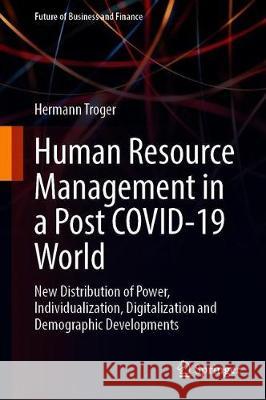Human Resource Management in a Post Covid-19 World: New Distribution of Power, Individualization, Digitalization and Demographic Developments » książka
topmenu
Human Resource Management in a Post Covid-19 World: New Distribution of Power, Individualization, Digitalization and Demographic Developments
ISBN-13: 9783030674694 / Angielski / Twarda / 2021 / 198 str.
Human Resource Management in a Post Covid-19 World: New Distribution of Power, Individualization, Digitalization and Demographic Developments
ISBN-13: 9783030674694 / Angielski / Twarda / 2021 / 198 str.
cena 322,01
(netto: 306,68 VAT: 5%)
Najniższa cena z 30 dni: 308,41
(netto: 306,68 VAT: 5%)
Najniższa cena z 30 dni: 308,41
Termin realizacji zamówienia:
ok. 16-18 dni roboczych.
ok. 16-18 dni roboczych.
Darmowa dostawa!
Kategorie:
Kategorie BISAC:
Wydawca:
Springer
Seria wydawnicza:
Język:
Angielski
ISBN-13:
9783030674694
Rok wydania:
2021
Wydanie:
2021
Numer serii:
000915806
Ilość stron:
198
Waga:
0.48 kg
Wymiary:
23.39 x 15.6 x 1.42
Oprawa:
Twarda
Wolumenów:
01
Dodatkowe informacje:
Wydanie ilustrowane











